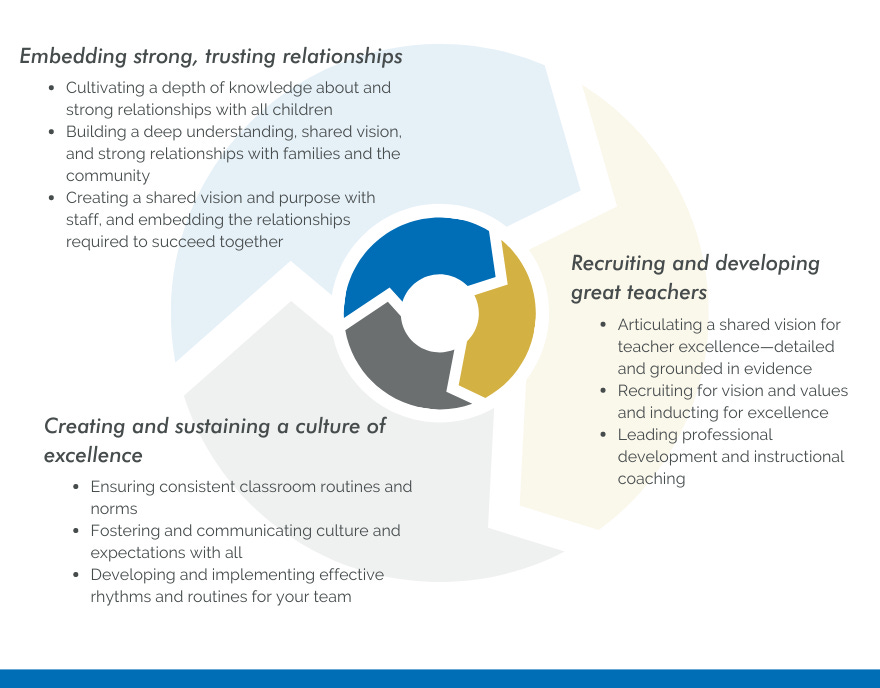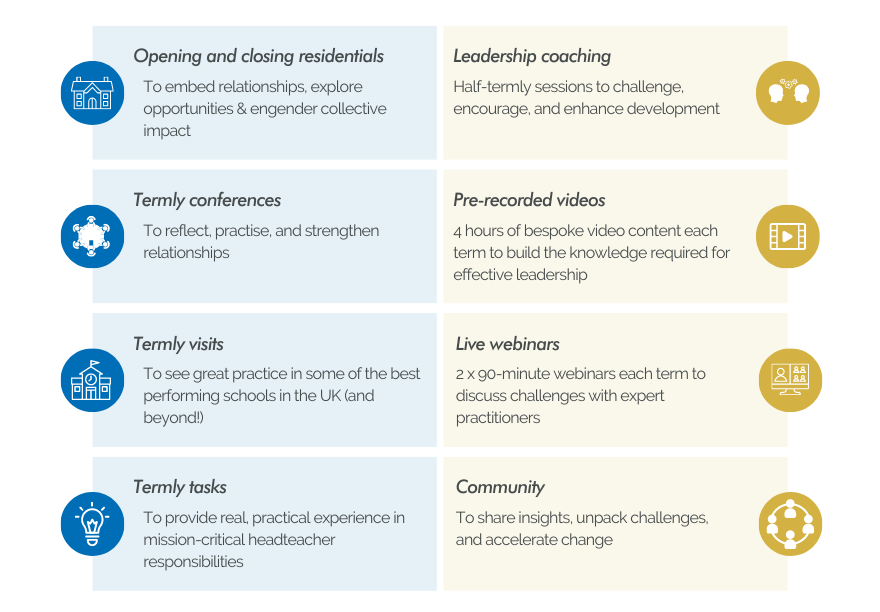What *is* the Yorks100?
Let's start with why...

Yorkshire is a beautiful place to grow up; a gorgeous mixture of rural locations and vibrant cities, world-class museums, schools and universities and of course, some of the best people you’ll ever meet. But we do have a problem.
What’s up?
1 in 3 children in Yorkshire are living in poverty right now.
Or, 34%, according to the most recent government figures (DWP/HMRC, 2022).
That’s 5 percentage points higher than the national average—making Yorkshire and The Humber, in some respects, the third toughest place to grow up in England right now.
While child poverty rates have fallen sharply in the capital, they’ve steadily increased in Yorkshire over the last ten years (see below, via The End Child Poverty Coalition).
However, as illustrated by the graph below (via The End Child Poverty Coalition), there’s significant variation within the region: Yorkshire local authorities possess some of the lowest and highest rates of child poverty in the country.
Child poverty rates are particularly high in parts of Bradford, Leeds, Hull and Rotherham where 1 in 2 children live in poverty.
So what?
Beyond moral considerations, what does that mean for schools, students, teachers, and leaders?
It means that, on average, around a quarter of a million children in our schools arrive with unmet basic needs every single day.
Frankly, it means we’re playing a different game to schools in other, wealthier, parts of the country.
By the time our kids come through our gates, a third of them have already scaled a litany of barriers just to be there.
Now, if you work in our schools, you’ll recognise that.
But it’s really important that, collectively, we take time and space to acknowledge the scope, scale, and nature of the challenge this presents to us as teachers and school leaders.
We can’t just carry on in spite of these challenges; we need to collectively commit to confronting them head-on.
Because right now, the gap between the kids experiencing disadvantage and their peers is growing.
The disadvantage gap in Yorkshire is wider than the national average, and it’s growing at a faster rate too (NPP, 2021).
It’s a big problem—and it’s properly complex.
Despite what they might say, nobody has ‘The Answer’. No one person or organisation has the capacity to eradicate endemic educational inequality on their own.
If they did, they would.
It’s a shared challenge impervious to lone interventions. Eradicating educational inequality is a team sport—and nobody is as smart as everybody.
Now what?
Well, if you recognise the challenge above, and you’re keen to seize the nettle—the good news is that you’re not alone. Far from it.
A group of eleven leading school trusts from right across the county are with you—and they’re putting in place a structure to hold people, like you, together.
Astrea Academy Trust
Beckfoot Trust
Brigshaw Learning Partnership
Ebor Academy Trust
Exceed Academies Trust
Nexus Academy Trust
Northern Star Academies Trust
The Educational Alliance (TEAL)
Thrive Co-operative Learning Trust
Waterton Academy Trust
The Yorks100 school leadership programme is our contribution to that end.
Our goal is to identify and nurture 100 future school leaders—and to create the conditions for them to initiate systems-level change through local action.
And our hope is that by uniting the best bits of a first-class school leadership development programme and a collective impact project—we can achieve just that.
In a nutshell: the Yorks100 is an internationally-informed, regionally-led, and community-focused school leadership development programme; supporting high-impact school leaders into—and during—their first headships in Yorkshire.
Ok, got it—but what does it look like in practice?
A fair question!
We focus our attention on developing three core leadership competencies and providing ample time and space to make sense of them together.
We don’t cover everything you need to know to be a great headteacher. Instead, we focus all of our attention on the areas we know to yield the greatest impact.
So, ‘the what’, as it were 👇
What about ‘the how’?
How do we build shared knowledge and understanding around these three core competencies?
Answer: through a mixed diet of interactions and experiences.
What about when?
How do we fit that into one calendar year? Here’s a term-by-term view 👇



Your FAQs answered…
How much will it cost? £3500 for a secondary, £2500 for a special school and £1500 for a primary participant. This fee covers travel to and from out-of-region experiences, as well as accommodation and catering. Please do still get in touch if this seems impossible for your school or trust; we take our commitment to tackling educational disadvantage seriously and don’t want funding to be a barrier.
How much time will it take?
This programme runs for one academic year, from September until the following June.
It will require you to be out of school for about 13 days (for school visits and conferences) and away from home for 7 nights. The international visit is likely to be a 5 day commitment in your Easter holiday and this runs ever 2 years (so the next trip will be in 2027, combining both cohorts 3 and 4).
There will be 9 evening webinars throughout the year.
There will be about 15 hours of asynchronous learning to complete per term (3 x ‘Headteacher tasks’ to complete and present on + pre-recorded material and reading).
If you work flexibly and would like to discuss reasonable adjustments to make this more accessible to you, please do get in touch.
Will I get an accreditation? Currently we do not offer an accreditation for this programme.
Where can I find out more? Here is a form to register your interest and sign up to one of our upcoming information events. You can also email verity.howorth@reachfoundation.uk or book in a call with me (Verity) here.
How do I apply? Applications for Cohort 3 are now closed, but we’ll be looking for Cohort 4 from December 2025 for a September 2026 start. The process will include an application form, followed by a selection day.






